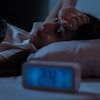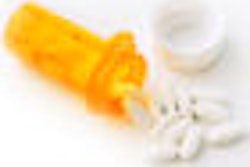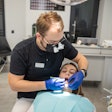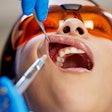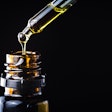Injectable local anesthetics, especially lidocaine and benzocaine, are among the most common medications administered in the dental office, and there is a real potential for their diversion to illegal drug producers, according to the authors of a new article in the Journal of the American Dental Association (March 2014, Vol. 145:3, pp. 256-259).
Drug adulterants not only dilute illicit drugs for profit increase, but also give drug users the illusion of a more potent drug. For example, lidocaine and benzocaine increase the nasal numbness that accompanies snorting cocaine.
Lidocaine and benzocaine have been reported in the bloodstreams of people who abuse cocaine with accompanying reports of seizures and methemoglobinemia, the authors added.
They conducted a PubMed search using the terms "adulterants," "benzocaine," "cocaine," "lidocaine," and "methemoglobinemia" and identified two relevant case reports. Both included a patient with symptoms of both cocaine overdose and methemoglobinemia in which urine samples revealed the presence of adulterants, including lidocaine and benzocaine.
"Injectable lidocaine and topical benzocaine are cheap and readily available substances found in dental offices that may be diverted by anyone -- including dentists, office staff members, or patients -- to adulterate cocaine," the authors concluded.
They cautioned that dentists and office staff members keep track of local anesthetics and recommended additional research to identify whether dental offices are a common source of lidocaine and benzocaine diversion.



